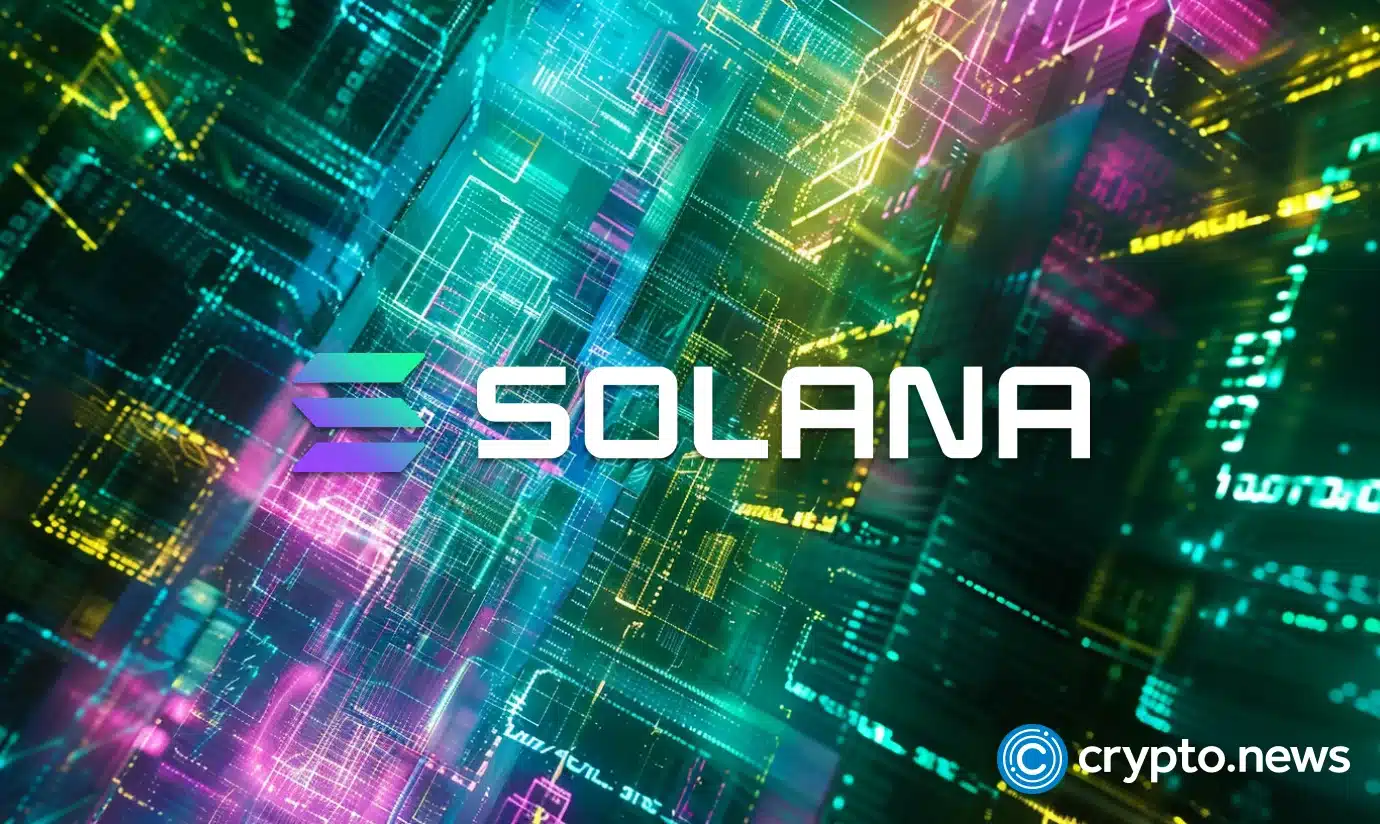
The Solana blockchain network has rolled out a new feature called ZK Compression, developed through a collaboration between Light Protocol and Helius Labs.
Launched on June 21, the solution aims to slash on-chain storage costs by 99%.
ZK Compression uses zero-knowledge (ZK) proofs to compress on-chain data, meaning that developers can now, theoretically, store crucial data on Solana’s more cost-effective ledger space without compromising on security or performance.
By utilizing sparse state trees, a hash of off-chain data is stored on-chain for verification, ensuring data integrity and significantly slashing storage costs.
According to Light Protocol, ZK Compression can cut the cost of storing 100 compressed token accounts to about 0.0004 SOL, down from the usual 0.2 SOL—a 5000x reduction.
For large-scale operations, such as airdrops to a million users, costs could drop from $260,000 to just $50.
Helius CEO Mert Mumtaz emphasized the huge cost reduction and scalability gains brought forth by ZK compression.
“[In summary,] we compress onchain state to get 10,000x scale improvements and get 1 step closer to building The Financial Computer — an unstoppable, global, atomic state machine syncing at the speed of light,” he said.
Similarly, Austin Federa, Solana’s Head of Strategy, pointed out that the innovation tackles the high costs of on-chain account storage.
He explained that ZK Compression offers similar cost-saving benefits for tokens and accounts as cNFTs did for NFTs, enabling the development of products that attract more users to the blockchain.
Several members of the Ethereum community have expressed criticism of the new primitive. ZKsync founder Alex Gluchowski commented on X:
“The whole monolithic Solana thesis is gone at once. Impressive. Meanwhile, ZKsync has been quietly building asynchronously composable ZK future for Ethereum. Big reveal this week.”
Ethereum investor Ryan Berckmans criticized the announcement for not labeling the new approach as a Layer 2 network, calling it “unethical BS” in an X post.
“Their new product is actually an L2. L2s are a winning model,” Berckmans stated.
Similarly, other crypto community members, such as Adam Cochran, claimed that the Solana compression tool is essentially an L2, but its developers are presenting it differently.
Cochran remarked, “one day the Solana crowd will realize what they’ve built is a good L2 feature/validity based rollup and not a monolith chain.”
In response, Solana co-founder Anatoly Yakovenko defended ZK Compression, acknowledging its L2-like features but stressing its unique aspects.
Unlike traditional L2 networks, ZK Compression doesn’t require a security council multisig, chain ID switching, a governance token, or an external sequencer.
“Solana validators still get all the transaction fees. It’s like an L2 without all the things that people complain about L2s,” Anatoly remarked.


